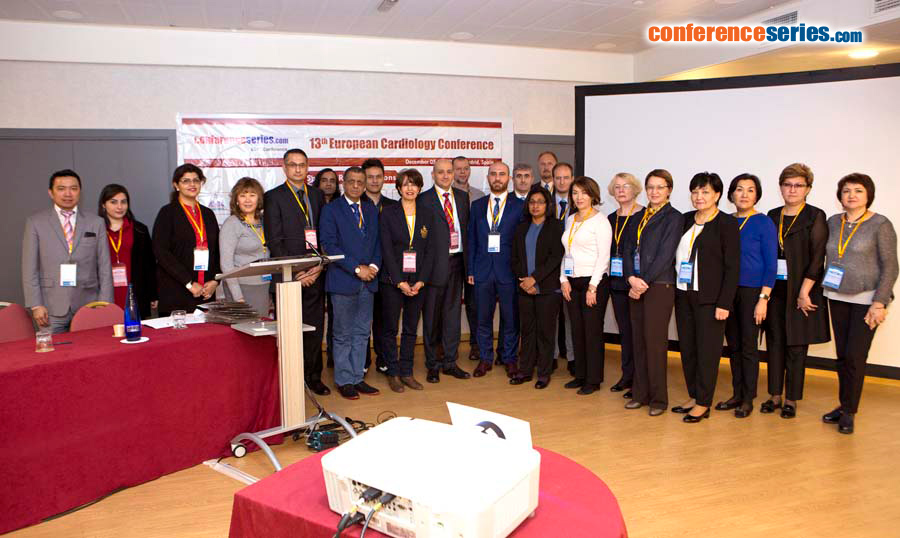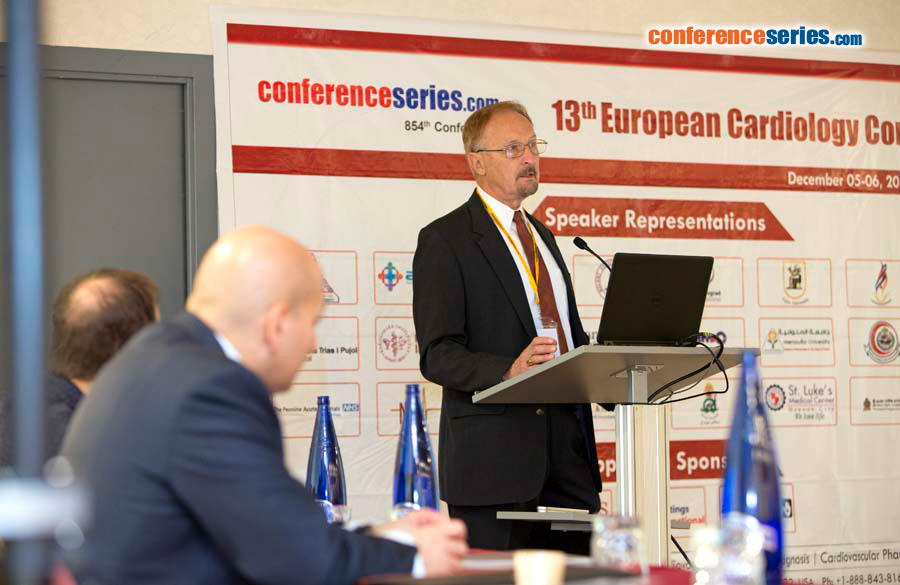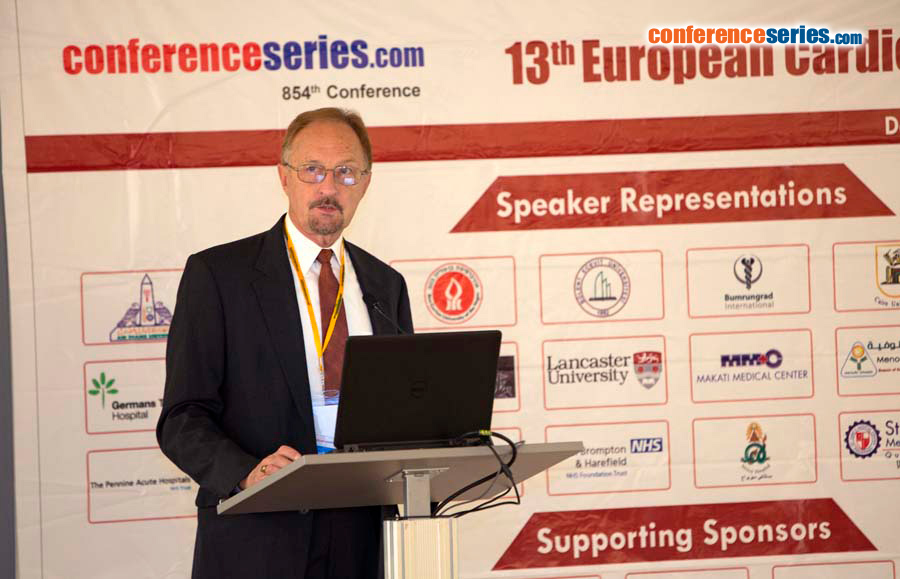
Peter P. Karpawich
Wayne State University, USA
Title: When the guidelines don't apply: Contractility (dp/dt-max)-guided resynchronization pacing among patients with congenital heart and heart failure
Biography
Biography: Peter P. Karpawich
Abstract
Objectives: Patients (pts) with repaired congenital heart disease (CHD) can later develop heart failure (HF), leading to heart transplant (HT). Although cardiac resynchronization pacing therapy (CRT) has been applied to pts with normal anatomy, there is little information on CRT and CHD. This study evaluated acute hemodynamic contractility (dP/dt), not guidelines, among CHD pts to determine if it can predict chronic CRT efficacy.
Methods: Forty pts with CHD and HF (NYHA II-IV) underwent cardiac catheterization (cath) with dP/dt-max both before and after acute CRT pacing. If acute paced-dP/dt-max improved ≥ 15% from baseline with CRT pacing, pts were given the option of CRT. Clinical follow-up after CRT testing was from 2-144 months (mean 35).
Results: Preexisting pacemakers were present in 70% of pts. CHD was variable with 16/40 (40%) pts having either a single or systemic “right” ventricle morphology. Of the 40 pts, 26 (mean age 22y) met criteria for CRT benefit while 14 (mean age 29y) did not. There were no differences in age, QRS duration, left ventricular (LV) ejection fraction, LV end diastolic diameter, V contractility (dP/dt-max), nor PM between CRT groups. Among the CRT recipients, 21 pts (81%) improved in NYHA class and were removed from HT consideration. All underwent a repeat cath 6-14 months later showing continued improved contractility.
Conclusion: Since published CRT guidelines do not apply to CHD pts, a better way to select which CHD pts may benefit from CRT is needed. Pre-CRT testing by direct paced-contractility response improve patient selection and responder rates.






